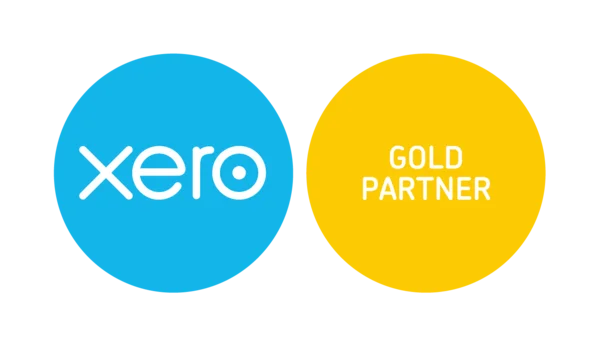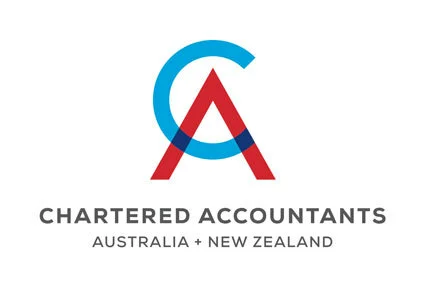Retirement Planning for Small Business Owners

When you run your own business a good retirement plan can bring real peace of mind. Read more about your options – and why it’s never too early to start.
Planning your retirement
When you’re busy running your own business retiring could be the last thing on your mind. But planning your retirement well in advance can make it easier to enjoy the future you want.
Will you sell your business?
Many business owners plan to sell their business to fund their retirement – but it’s important to be realistic. It isn’t always easy to find a buyer who’s prepared to pay the price you want, particularly if you’re hoping for a quick sale. And, even if you intend to keep on working well beyond retirement age, unforeseen circumstances such as poor health or a change in market conditions could force your hand, so it’s important to be prepared.
Allow plenty of time
If possible, you should give yourself at least three years to plan for the sale of your business. Most buyers will want to see three years of financial statements and you’ll also need time to work on increasing the value of your business. This could include everything from keeping your equipment up to date and making sure your premises are always clean and well-maintained to boosting your sales with a strong online presence. Remember that a buyer is investing in the future of the business so they’ll want to see positive yet realistic forecasts.
In the meantime, it’s also important to protect your business with the right insurance. Appropriate Income Protection, Total and Permanent Disability (TPD), Trauma and Business Expenses insurance can help prevent debt from accumulating if you’re unable to work and enable you to pay someone to keep your business up and running if you can’t.
Succession planning
Passing your business on to a family member or employee may sound straightforward but, again, you should allow plenty of time to work through the process and clarify all the details. For example, do you intend to retain any interest in the business? Who will own any property, such as the business premises? And, if your successor plans to buy the business from you, can you be sure they’ll have access to the money when you want it?
A good succession plan will cover all this and more to ensure you can make the transition with minimum disruption and maximum benefit. And it’s important to talk to a professional adviser about how you can best structure your business to protect your assets and minimise tax.
Saving money for retirement
Personal superannuation isn’t compulsory for small business owners so you might be tempted to put investing in your business ahead of your savings. This can be risky as there’s no guarantee your business alone will provide enough money for you to live comfortably in retirement.
Building your business and your superannuation investment simultaneously can help to mitigate the risk. Many business owners choose a self-managed superannuation fund (SMSF) as this may provide benefits such as a lower tax rate, more investment options and flexibility when it comes to drawing an income. However, a SMSF isn’t right for everyone so you need to discuss your strategy with a professional adviser.
Planning to live longer
In general, Australians are living longer, which means you could spend decades in retirement. Ideally, you’ll have enough savings to cover your expenses well into your nineties.
Financial security in retirement could underpin many of the decisions you make about your business so it’s important to think about the lifestyle you want. As a general rule, if you own your own home, you’ll need 70-80 per cent of your pre-retirement income to maintain the same standard of living. The age pension and other government supplements provide a safety net but, at the moment, these are set at about 28 per cent of the average wage, and this is very unlikely to increase.
The most successful retirement planning is long term. Your spending and your needs are sure to change as your retirement progresses so your plan must be adaptable enough to evolve. And it’s never too early to take action. Once you have your retirement goal in mind you can work out the steps that will help you take control of your retirement and enjoy the lifestyle you want.







